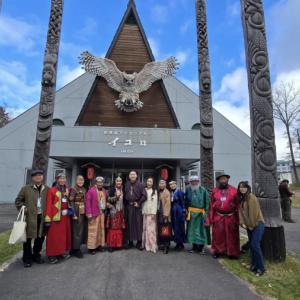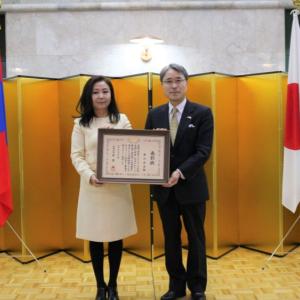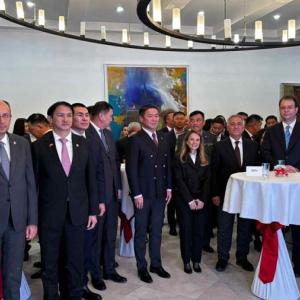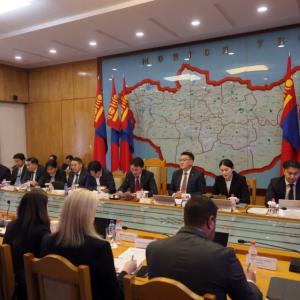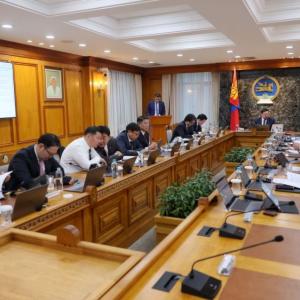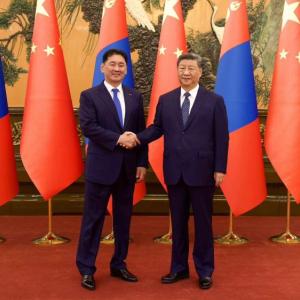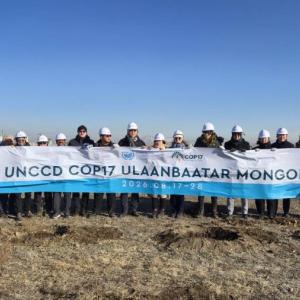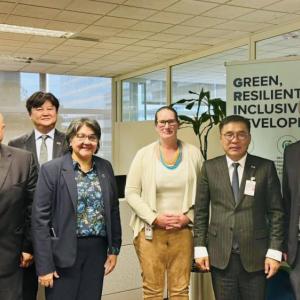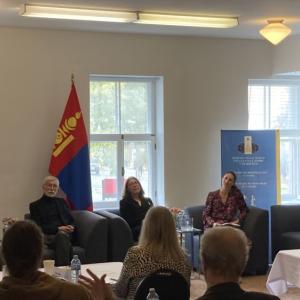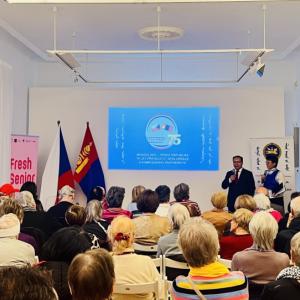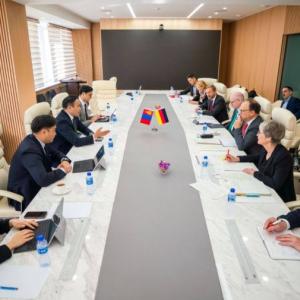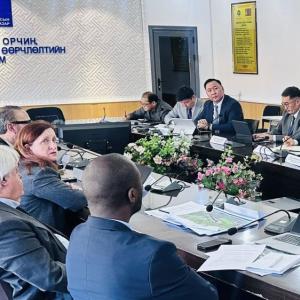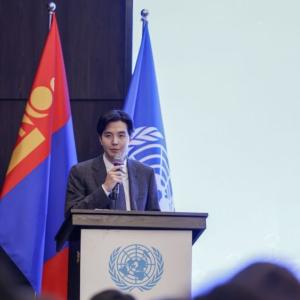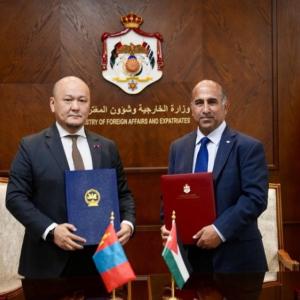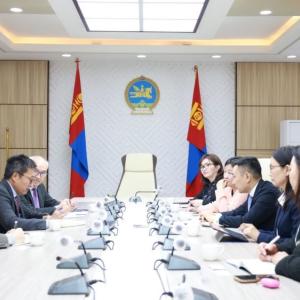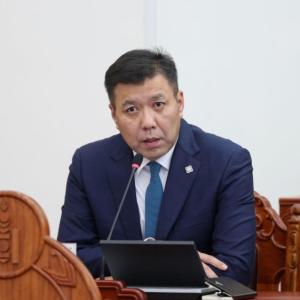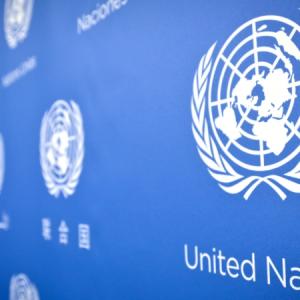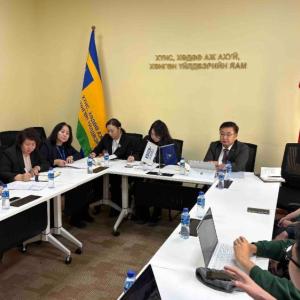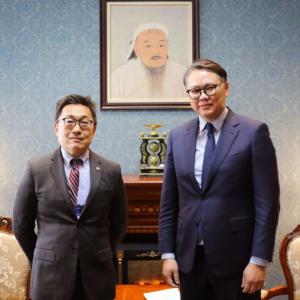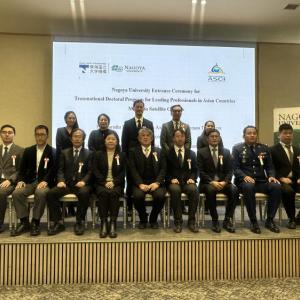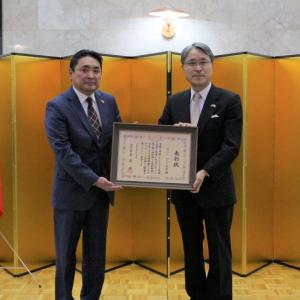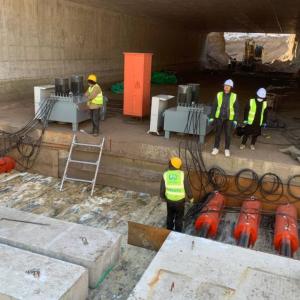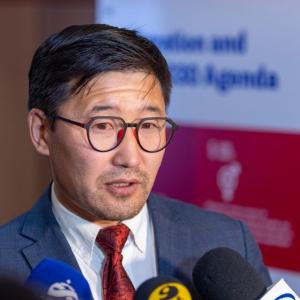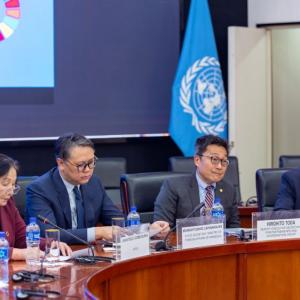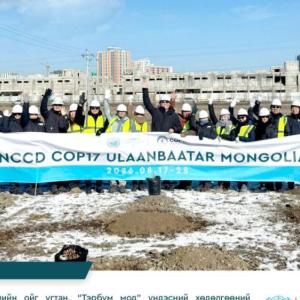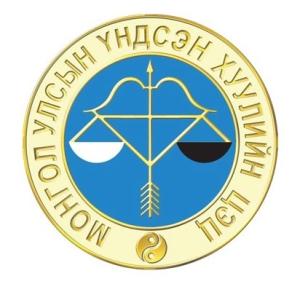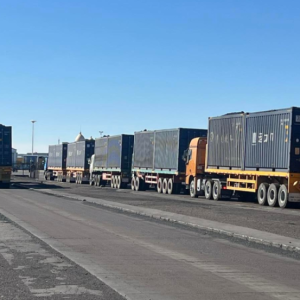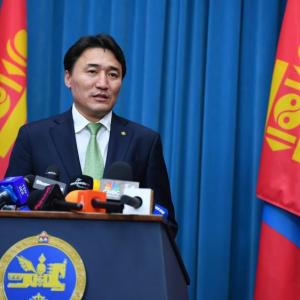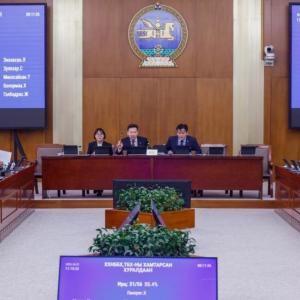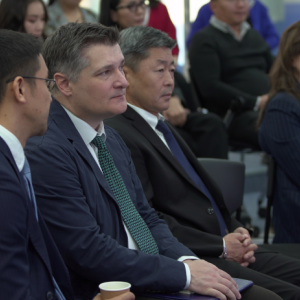Mongolia Holds Intersectoral Experts’ Discussion on Advancing Result-Based Governance
Politics
Ulaanbaatar, May 19, 2025 /MONTSAME/. An Intersectoral Experts’ Discussion on “Establishing a Results-Based Planning, Evaluation, and Monitoring System” was organized on May 16, 2025, at the State Palace of Mongolia, marking a notable progression in the country’s commitment to results-driven governance and the effective implementation of its “Vision 2050” long-term development policy.
Jointly organized by the Secretariat of the State Great Khural (Parliament) of Mongolia and the Delegation of the European Union to Mongolia, the Intersectoral Discussion brought together over 120 domestic and international stakeholders, including members of the Working Group established under Order No. 185 of the Chairman of the State Great Khural, government agencies, oversight bodies of the ministries, international development partners, and policy experts.
The Discussion aimed at consolidating international best practices in results-based evaluation and monitoring, enhancing the coherence between Mongolia’s short, medium, and long-term development policy documents, and strengthening alignment between planning, budgeting, implementation, reporting, monitoring, evaluation, and analysis.
Opening the Discussion, Deputy Speaker of Parliament of Mongolia Bulgantuya Khurelbaatar highlighted, “During the 2025 Spring Session, the Parliament reviewed the 2024 implementation reports of Mongolia’s annual development plan, the Five-Year Development Guidelines for 2021-2025, and the Government’s Action Plan for 2024-2028. The implementation performance for these development policies in 2024 ranged from 34 to 67.7 percent, indicating that more effort is required to accelerate progress. According to the Government’s year-end report, the implementation of parliamentary decisions averaged 53.9 percent. However, if unreported decisions are considered unimplemented, the national implementation rate would stand at only 30 percent. Policy decisions made by Parliament must be enforced, and development policies must be executed in a comprehensive and integrated manner encompassing planning, budgeting, implementation, evaluation, audit, and feedback mechanisms to achieve meaningful results.”
Ambassador Extraordinary and Plenipotentiary of the European Union to Mongolia Ina Marciulionyte commended Mongolia’s progress, stating, “Mongolia has begun laying the foundations for a modern, results-based public financial management system. Since 2024, budget governors have started submitting performance and expenditure reports. This year, central and local governments began implementing results-based planning. One of the most notable outcomes of the EU’s technical assistance has been the improved alignment between budgeting and policy monitoring. The Ministry of Economy and Development of Mongolia successfully integrated national and sectoral goals with Parliament-approved development plans of the Capital City and the aimags, providing a vital basis for developing both national and local budget policies.”

In his remarks, Member of the Parliament of Mongolia and Head of the Working Group Luvsanjamts Ganzorig emphasized the importance of aligning policy planning with measurable results, stating, “‘What can’t be measured can’t be managed. This principle applies to governance as well. Every tugrug paid by citizens and businesses in taxes must be spent effectively to ensure the social and economic development of the country. Parliament has the duty to monitor how these funds are used, to review implementation reports, and to keep the public informed in a clear and accessible way.
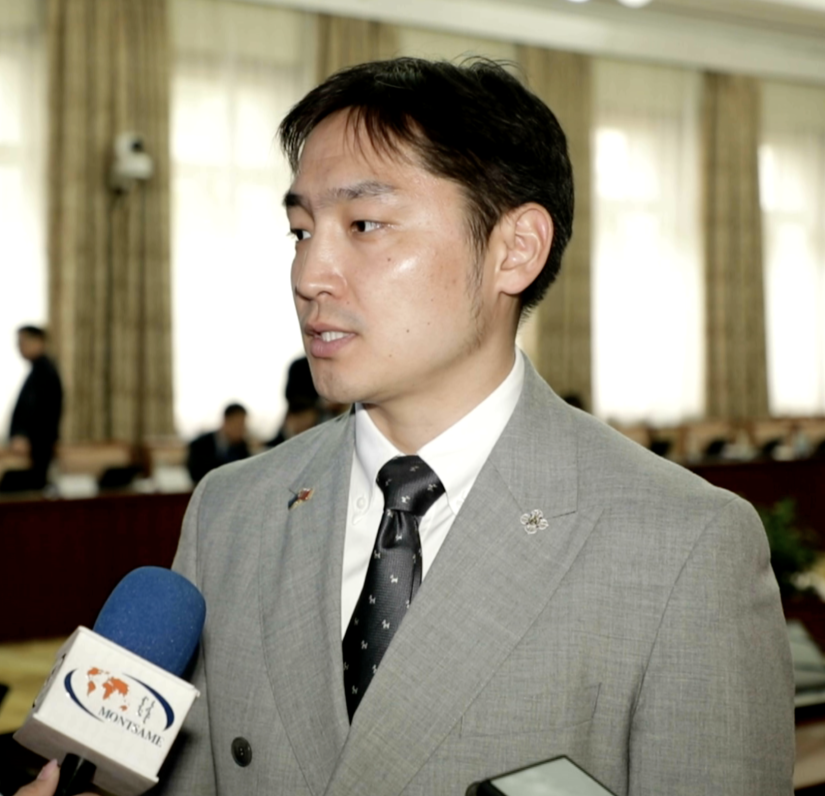 Over the past four years, 21 aimag administrations and six ministries have made progress in transitioning to a results-based management system. The remaining ministries and local administrations must now follow suit. More importantly, all public servants, at every level, should familiarize themselves with the three guiding manuals that we have developed. It is not about what tasks are being performed, but what outcomes are being achieved. This shift requires a fundamental change in mindset. Furthermore, with the new Parliament of 126 Members, each MP should focus their efforts on measuring progress and generating meaningful results in their respective sectors, using evidence-based budgeting. Finally, we are working to modernize online platforms, for instance, the National Statistics Office, to report on the implementation of the “Vision 2050” long-term development policy initiated by the Prime Minister. Citizens should be able to access real-time data to see whether their quality of life has improved, whether incomes have risen, or urban issues like traffic and air pollution have improved. Transparent, digital platforms for citizen feedback and data access will not only increase public participation but also ensure that voices are heard where it matters most.”
Over the past four years, 21 aimag administrations and six ministries have made progress in transitioning to a results-based management system. The remaining ministries and local administrations must now follow suit. More importantly, all public servants, at every level, should familiarize themselves with the three guiding manuals that we have developed. It is not about what tasks are being performed, but what outcomes are being achieved. This shift requires a fundamental change in mindset. Furthermore, with the new Parliament of 126 Members, each MP should focus their efforts on measuring progress and generating meaningful results in their respective sectors, using evidence-based budgeting. Finally, we are working to modernize online platforms, for instance, the National Statistics Office, to report on the implementation of the “Vision 2050” long-term development policy initiated by the Prime Minister. Citizens should be able to access real-time data to see whether their quality of life has improved, whether incomes have risen, or urban issues like traffic and air pollution have improved. Transparent, digital platforms for citizen feedback and data access will not only increase public participation but also ensure that voices are heard where it matters most.”
As a result of the Discussion, it is expected to yield three key outcomes:
Expert Recommendations: Inputs from participants will be collected and compiled to guide further actions.
Action Plan: A draft roadmap for developing a results-based system will be prepared.
Discussion Report: A full report summarizing the meeting, conclusions, and proposals will be submitted to the Working Group established by Order No. 185 of the Chairman of the State Great Khural and shared with stakeholders.


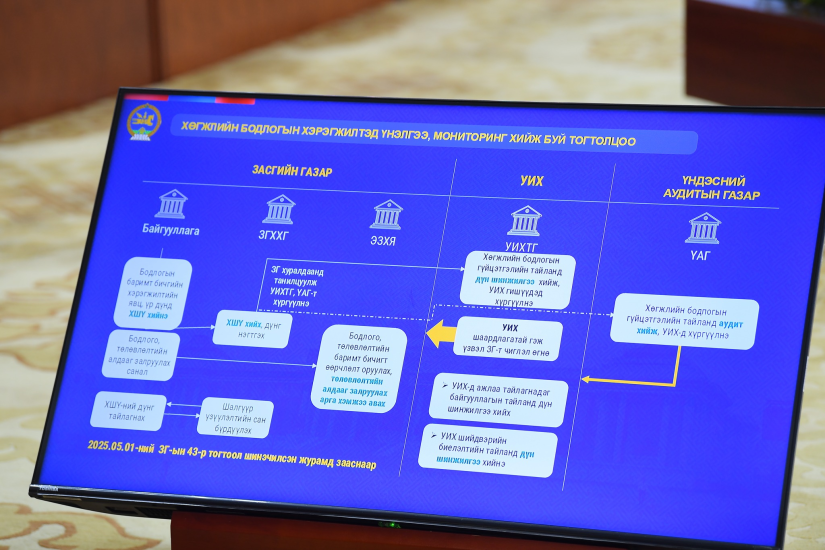
 Ulaanbaatar
Ulaanbaatar










